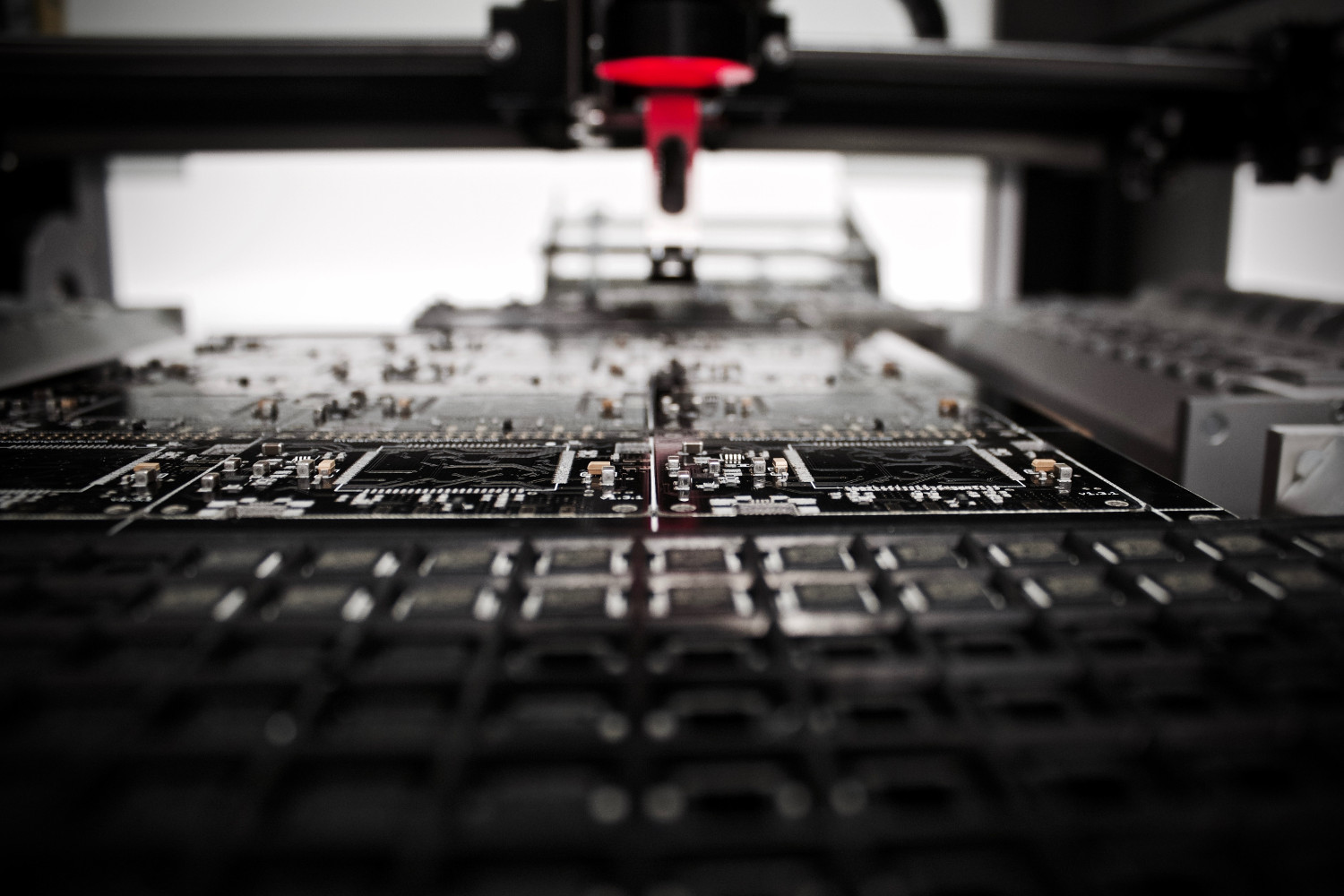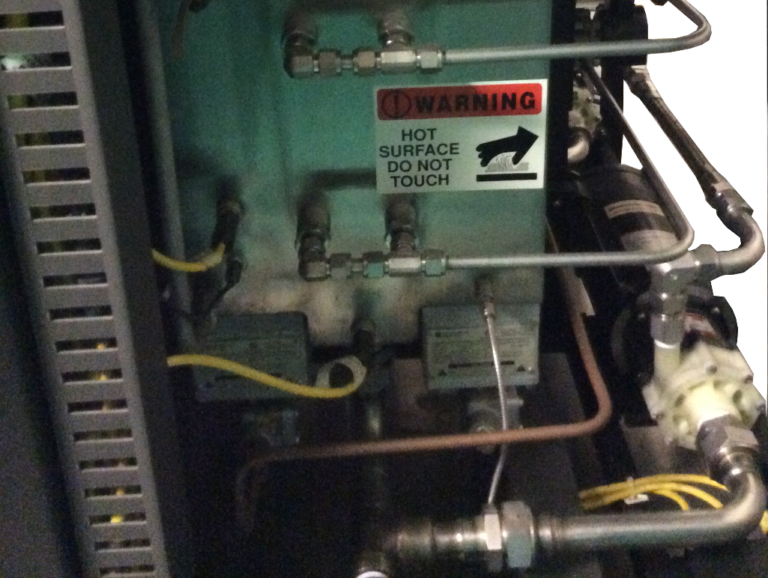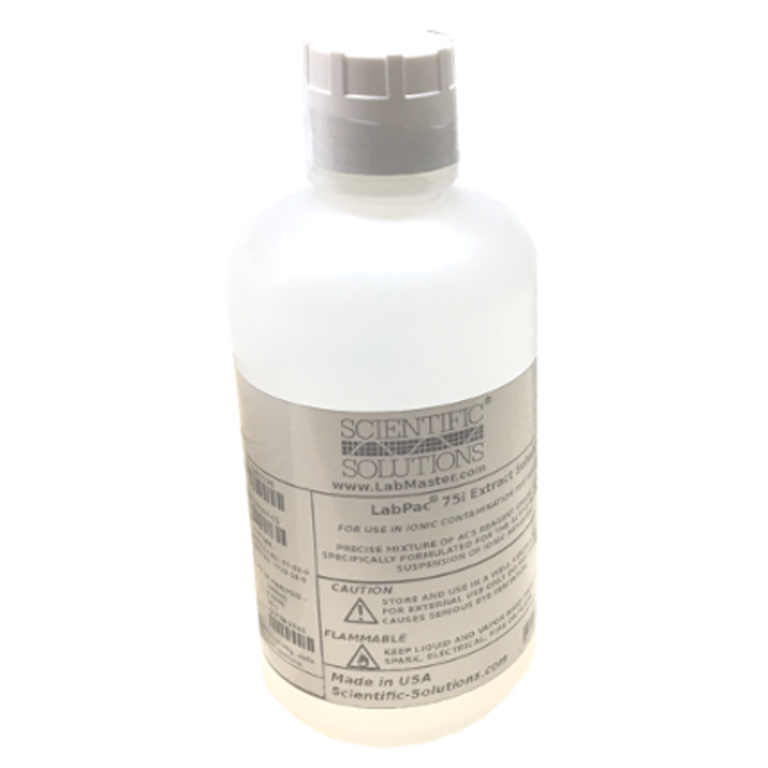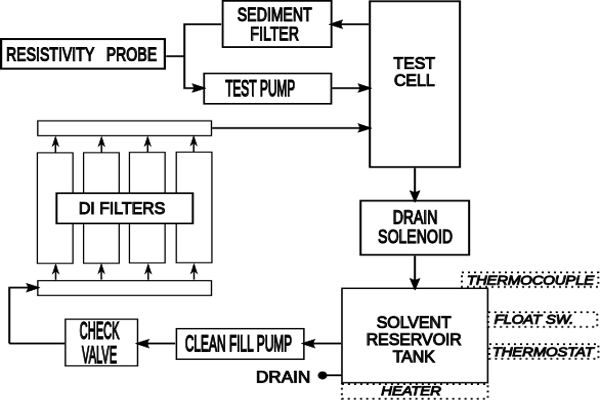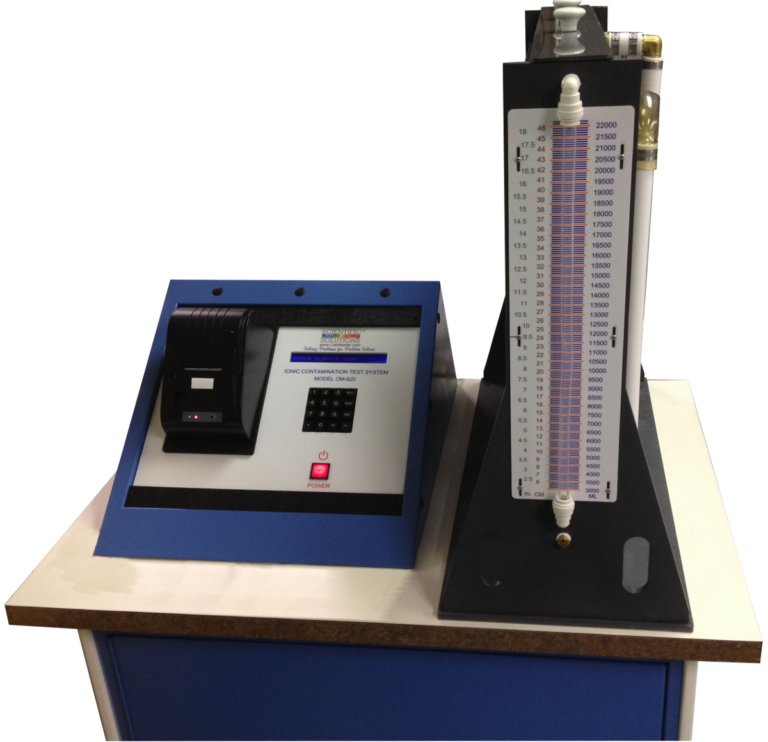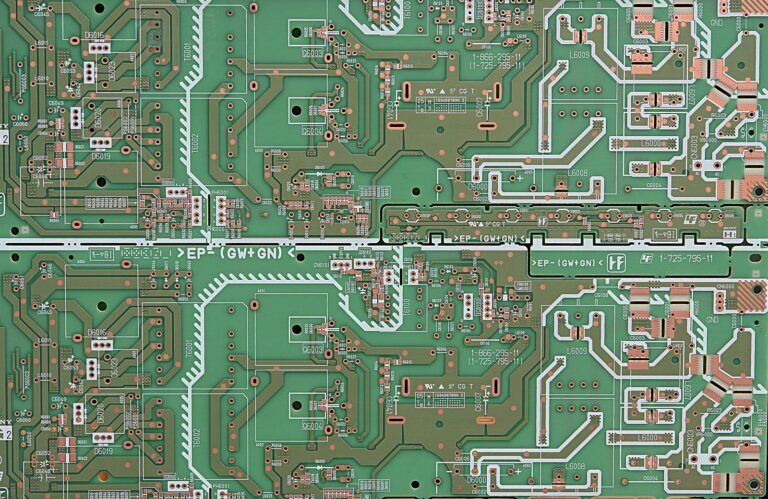Why Do Ionic Testing ?
The fabrication and assembly of printed circuit boards (pcbs) includes many processes that introduce corrosive ionic materials to the pcb. There are many sources of these ionic contaminants, but most are attributed to chemical etchants and cleaners, plating solutions and solder flux. Ionic contamination can cause corrosion and dendrite growth including whiskers, This can lead to open traces, shorts and failure of components. causing circuit failure.
The problems associated with Ionic contamination can be eliminated by washing the circuit board assemblies. The process you use to clean your assemblies will depend on many parameters, include the type of flux you use.
The Military specification MIL-P-28809 defines a manual method called “Resistivity of Solvent Extract” also known as ROSE, as a method of testing for harmful ionic contaminants. The OM600R and OM600SMD machines are an automated implementation of this ROSE test. The ROSE test measures the cleanliness of circuit boards and thereby determine the effectiveness of the cleaning process.
This is the purpose if ionic contamination testing. The ionic test provides a quantitative measurement of the cleanliness of the final product.

